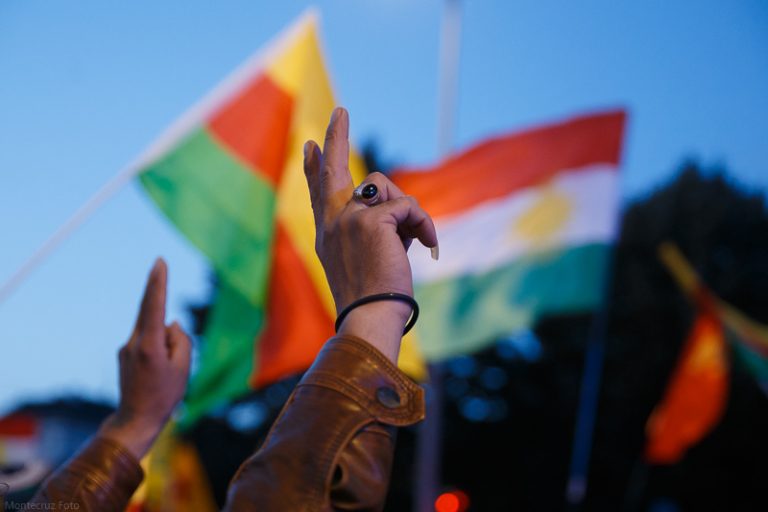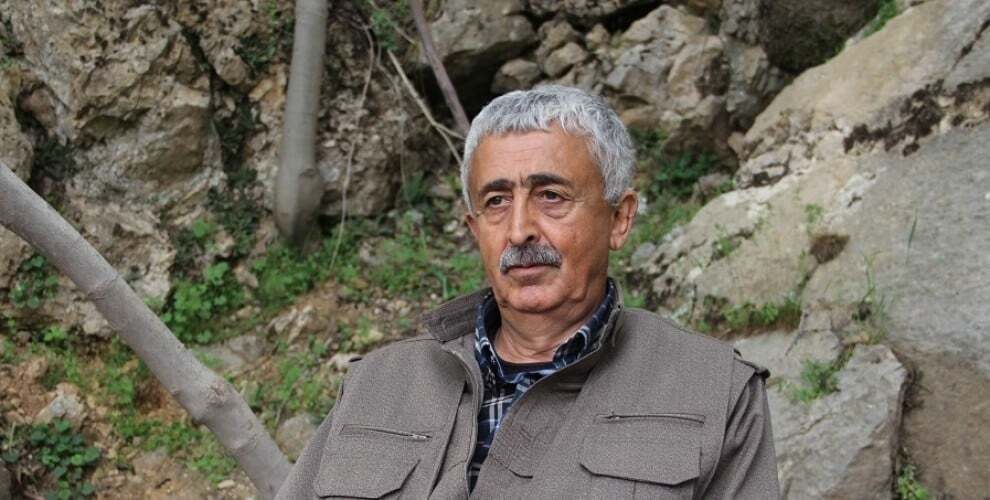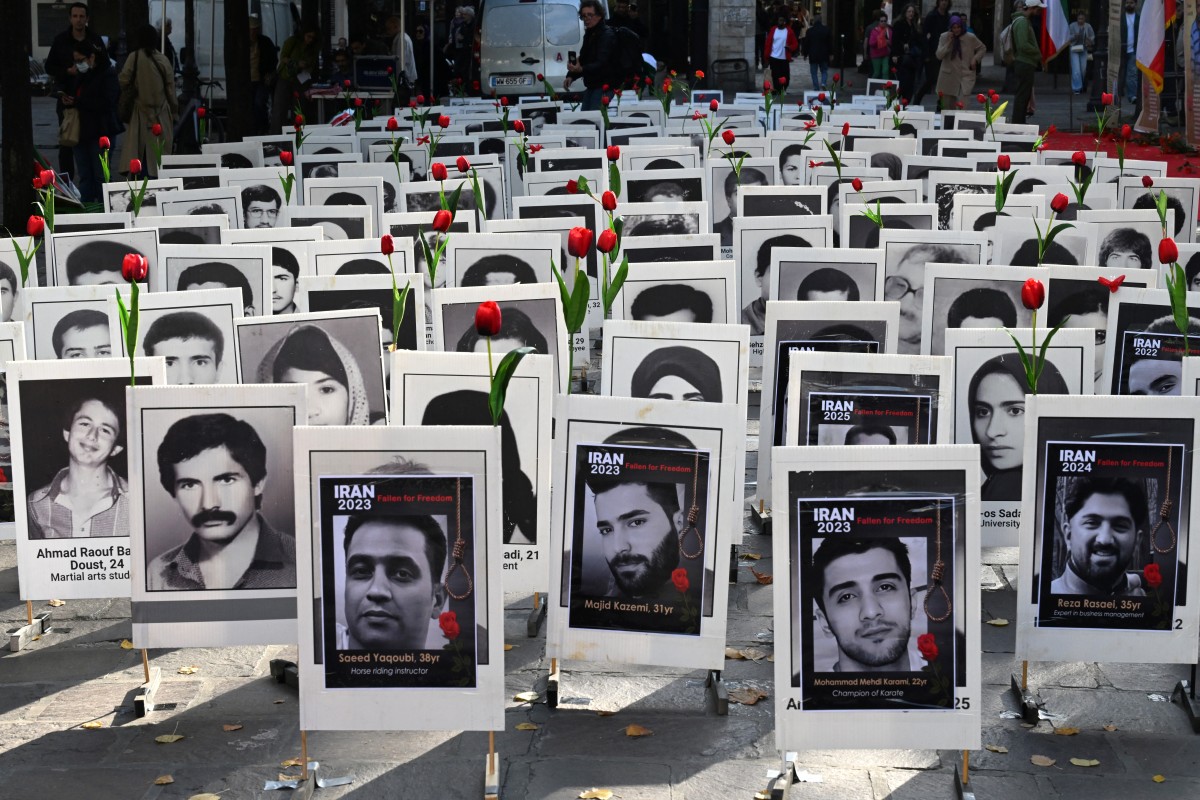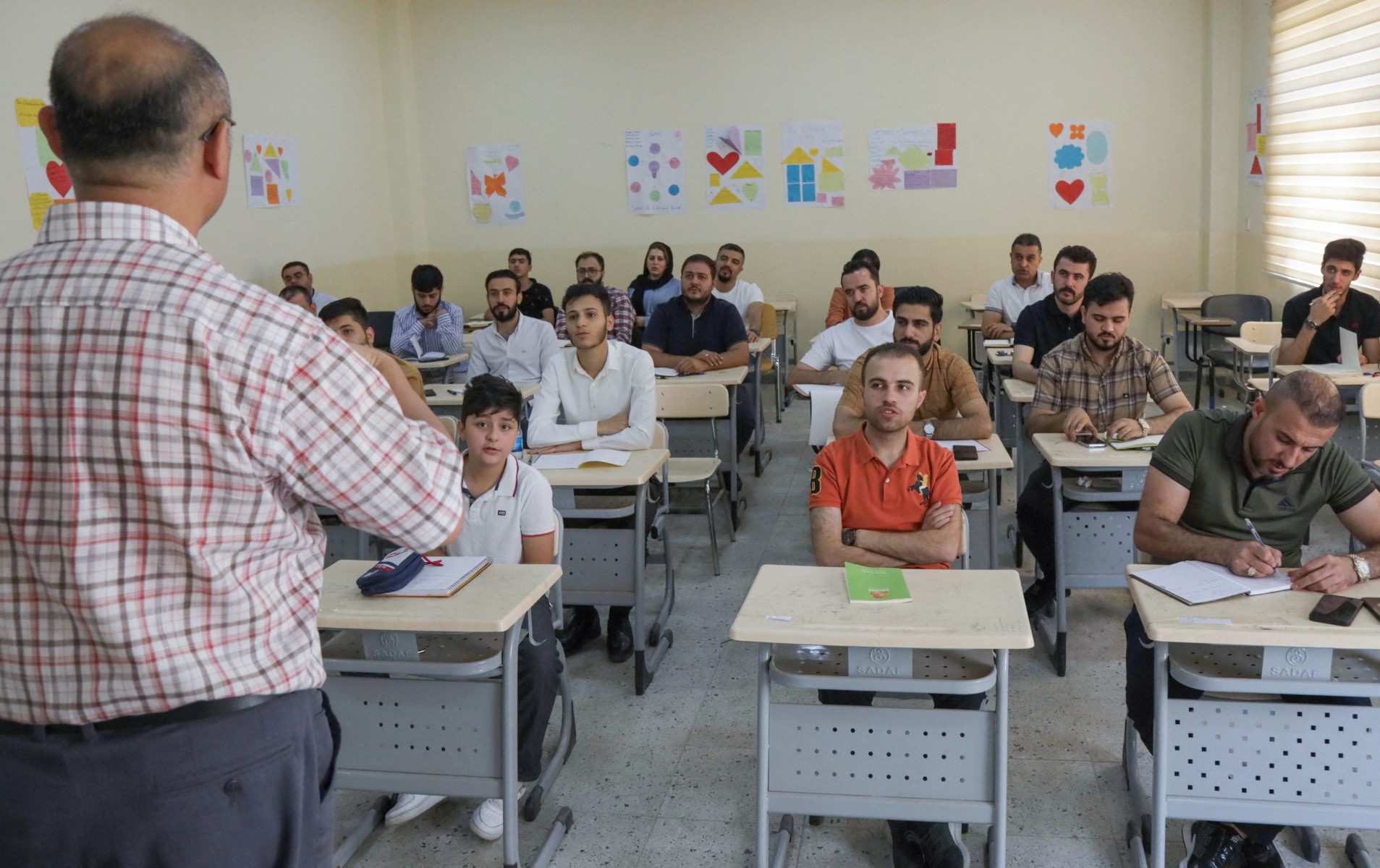From Resistance to Construction: The Evolution of the Kurdish Struggle in the Middle East

The Kurdish movement has undergone a profound transformation over the past four decades. Understanding this ongoing evolution is essential to comprehending recent events and developments in the Middle East and the role of Kurdish struggles within them.
Historically, the Kurdish political struggle emerged in response to long-standing marginalization, denial of cultural rights, and harsh state repression—particularly in Turkey, Iraq, Iran, and Syria. Among the most prominent actors in this context is the Kurdistan Workers’ Party (PKK), formed in 1978. The PKK initially adopted a Marxist-Leninist platform, seeking an independent socialist Kurdish state through armed struggle, particularly against the Turkish state. For decades, the intense armed conflict resulted in tens of thousands of deaths and mass displacement, including the systematic destruction of Kurdish villages by the Turkish army in the 1990s.
By the mid-1990s, and especially from the early 2000s onward, the PKK began undergoing a strategic organizational and ideological shift. As a result of internal reflection, historical analysis, global political changes, and sustained military pressure, the wider social-political movement around the PKK, often referred to as the Kurdistan Freedom Movement, reassessed and reoriented its ideology and methods towards non-state democratic self-governance, social justice, and grassroots political participation. Formally abandoning the demand for an independent state, the movement began to articulate a new vision for Kurdish self-determination: one rooted in “Democratic Confederalism” as a way of building regional autonomy within and beyond existing state borders. The framework for this process was informed by the perspectives authored by PKK leader Abdullah Ocalan from Imrali Island, where he has been jailed since his abduction by NATO forces in 1999. Alongside this renewed vision for the liberation of Kurdistan, the movement furthermore introduced its broader anti-captialist vision for regional and international struggle.
This new vision crystallized in the establishment of the Koma Civakên Kurdistan (KCK), or the Union of Communities in Kurdistan, in 2005. The KCK came to restructure the movement around the concept of “democratic nation”—a multi-ethnic and pluralist vision for recreating the meaning of identity and co-existence through common struggle and political participation. Unlike traditional nationalist movements, the KCK de-emphasized borders and instead focused on common history, cultural transformation, ecology, , women’s liberation, and radical democracy. This shift marked a significant move away from centralization and statism toward bottom-up governance regardless of the policies of the surrounding states. To that end, based on its decades-old experience of revolutionary organizing, the movement built a complex transborder system through communes, cooperatives, people’s academies, and popular councils.
In light of this, rather than viewing the PKK-led struggle as a classic insurgency, it can be better understood as a broader multi-dimensional social movement that seeks to reshape values, social relations, and governance practices
While places like Bakur (southeastern Turkey) or the Makhmour Refugee Camp in Bashur (northern Iraq) first saw the implementation of this model in practice, this vision especially found practical expression in Rojava (northern Syria) since the beginning of the Syrian war. Councils, women’s autonomous structures, and multi-ethnic representation were institutionalized as part of a “Third Way” solution in the country. .
In light of this, rather than viewing the PKK-led struggle as a classic insurgency, it can be better understood as a broader multi-dimensional social movement that seeks to reshape values, social relations, and governance practices. By doing so, it broadens the scope of resistance from armed opposition to a comprehensive social revolution. The PKK’s 12th Congress, held in May 2025, announced the end of the party’s dissolution and end of the armed struggle, if the Turkish state takes genuine steps towards a political solution.
Yet, this struggle is not without its contradictions and challenges. Firstly, the movement continues to face severe repression, particularly in Turkey, where the state treats Kurdish political activism as a national security threat. Thousands of activists, politicians, journalists, and civil society actors have been detained under broad anti-terror laws. The Turkish state’s refusal to recognize Kurdish cultural and political rights, coupled with its military incursions into Kurdish-majority areas in Syria and Iraq, remains a significant obstacle to any meaningful political solution even in this new process stage.
Regional powers such as Iran and Turkey perceive the Kurdish movement as a threat to their territorial integrity
Secondly, the decentralized model of governance promoted by the Kurdish movement means that national coordination and diplomacy can remain incoherent. This is also due to the international terror-labelling of PKK-affiliated structures. . The struggle between revolutionary ideals and entrenched geopolitical realities creates internal tension and fragmentation within the broader Kurdish political landscape.
Moreover, Kurdish regions are split across several sovereign states, each with distinct political systems and different external alliances. Regional powers such as Iran and Turkey perceive the Kurdish movement as a threat to their territorial integrity. Meanwhile, global actors like the United States and Russia have engaged with Kurdish forces tactically—especially during the fight against ISIS—but remain ambivalent or even hostile towards the movement’s long-term political goals. Notably, the fight against the so-called Islamic State or ISIS (2014–2019) played a crucial role in reshaping the Kurdish movement’s image both regionally and internationally. The Kurdish-led Syrian Democratic Forces (SDF)—emerged as key allies of the West in the battle against ISIS. e While this alliance brought the Kurdish cause into the global spotlight,it also exposed the contradictions of Western policy in the region: while Kurdish forces were praised for their sacrifices, their political aspirations were largely sidelined by their Western allies after the territorial defeat of ISIS, not least due to Turkey’s NATO membership.
The cost of denying Kurdish autonomy is no longer just moral or humanitarian—it is strategic
Despite these challenges, the transformation of Kurdish movements is arguably one of the most important political developments in the region today. By reframing self-determination through the lens of democratic autonomy, the Kurdistan Freedom Movement offers a counter-narrative to both authoritarian nationalism and jihadist fundamentalism. It suggests that viable, progressive and pluralistic alternatives to the order of the Middle East are possible..
This latest developments also force a rethinking of regional conflict dynamics. If major states in the Middle East—especially Turkey—continue to reject engagement with the alternative political visions emanating from Kurdistan, they risk exacerbating long-term instability. On the other hand, a willingness to negotiate with democratic Kurdish actors could open new avenues for peace, stability, and reconciliation. The cost of denying Kurdish autonomy is no longer just moral or humanitarian—it is strategic. For countries like Turkey, failing to resolve the Kurdish question undermines meaningful internal peace, exhausts military and economic resources, and fuels international criticism.
In conclusion, the Kurdistan Freedom Movement movement has evolved from a primarily national liberationist insurgency into a broad-based, diverse social movement. Through the adoption of principles like radical democracy, ecological consciousness, and women’s liberation, it continues its efforts of redefining the parameters of resistance and self-determination in the Middle East. Entangling the freedom of the Kurdish people with the wider liberation of society from oppressive systems, it moreover proposes regional solutions based on solidarity between peoples. While facing immense repression and geopolitical barriers, it continues to inspire debates about the meaning and future of democracy, identity, and governance in one of the world’s most contested regions. Its journey represents not only the resilience of a people but also the creative reimagining of what it means to live together in dignity and justice. As the situation in Turkey and Kurdistan unfolds, much will depend on the movement’s ability to translate its decades-old political experience into a process of constructing meaningful peace and freedom.
Seevan Saeed
Seevan Saeed is an Associate Professor in Area Studies at Shaanxi Normal University, China and Lecturer at Rojava University, Syria. He received his BA degree in Sociology and MA in Social Policy at the University of Wolverhampton,UK. He gained a PhD in Middle East Politics at the University of Exeter in 2015. He has delivered lecturers in domestic and international universities since 2015. He published articles and papers in six languages on social and political issues in the Middle East and beyond.



